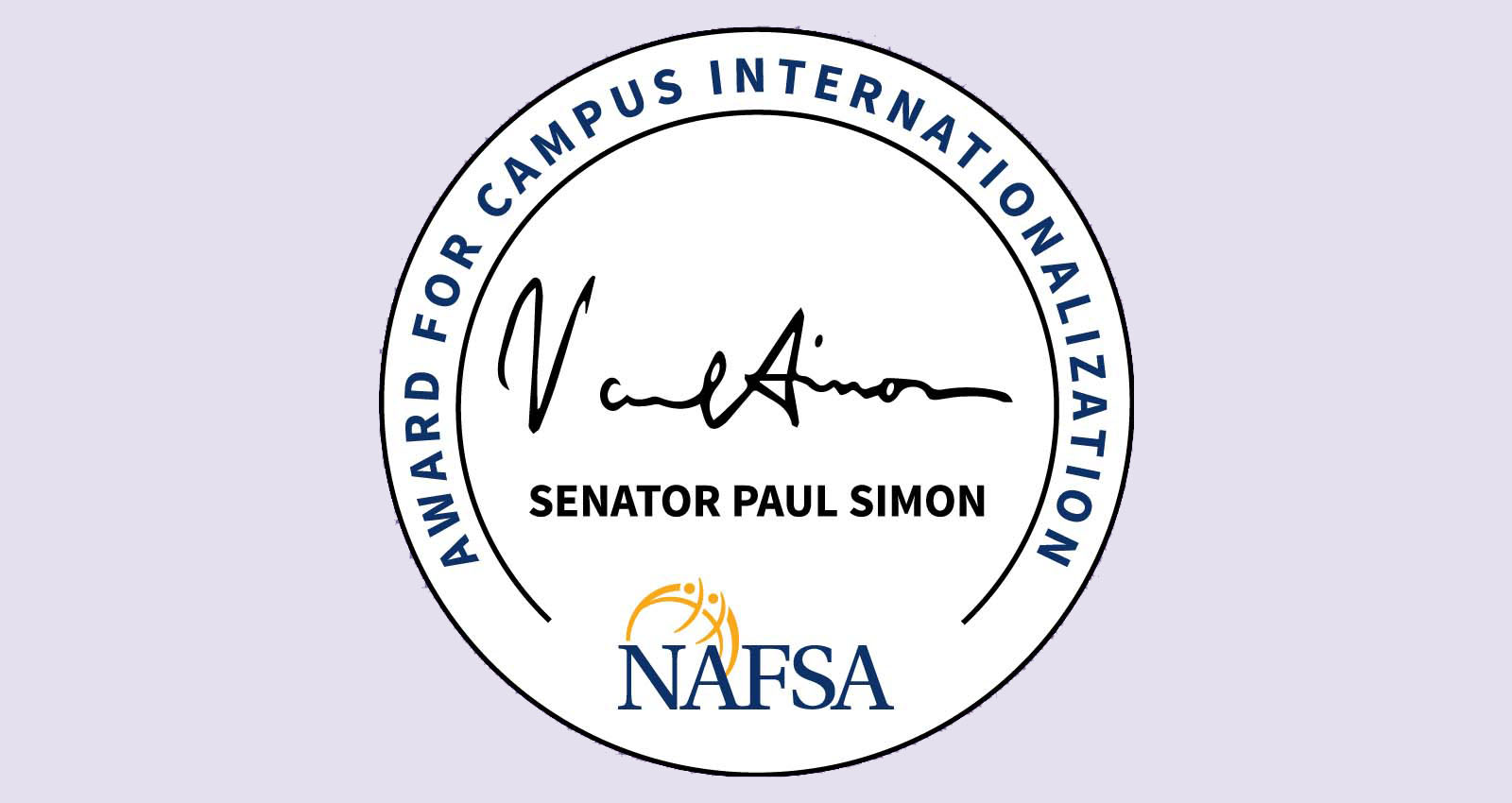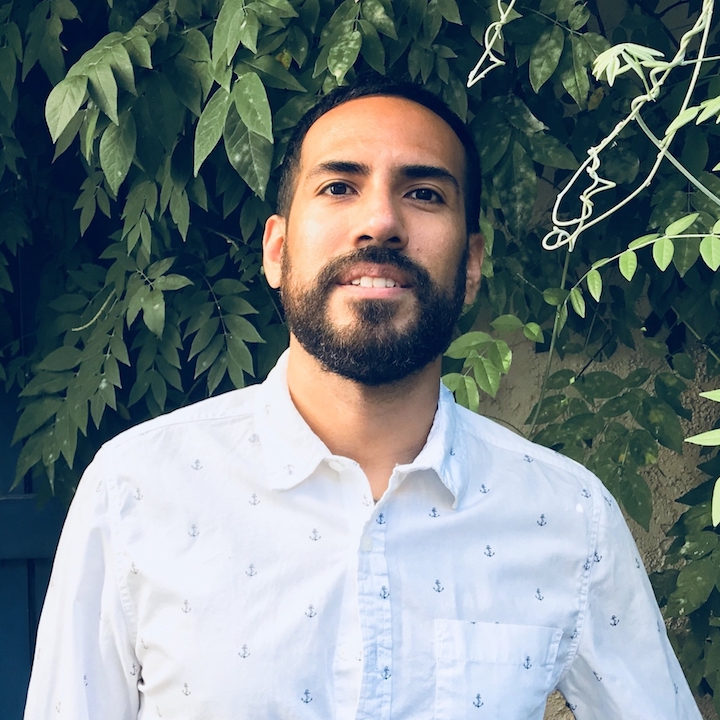Academic Internship Course
Development in a Global Context
Academic Internship Course
The Global Learning Office (GLO) is committed to providing access to international experiences that do not involve travel. This is a unique opportunity to explore complex questions through coursework while simultaneously engaging in a meaningful internship in a virtual setting. Students will take part in coursework on campus at Northwestern while completing a 15 hour/week virtual internship in one of four country locations: Argentina, Peru, Uganda or Vietnam. Please note there is no travel involved.

Highlights:
- Earn two academic credits
- Intern virtually with a community-based nonprofit
- Learn about development in a global context through INTL ST 393/ANTH 390
- Gain experience collaborating with remote and global teams on project-based work, an increasingly important skill in a post-COVID world
In 2022, GLO was recognized with the NAFSA Senator Paul Simon Spotlight Award and the Institute for International Education (IIE) Heiskell Award for its pivot to a virtual framework for community engagement.
To be enrolled, please pre-register here by February 1.
Questions? Please contact gesi@northwestern.edu.
Course: Development in a Global Context
This academic internship course explores the nonprofit world from a global perspective, with the opportunity to connect theory and practice. The aim of the program is to think critically about development concepts, paradigms, and institutions; and to analyze theories, policies, and strategies NGOs/non-profits employ to address global inequality, and how they limit or expand the potential for social change.
Earn 2 Northwestern credits through INTL ST 393-0: Development in a Global Context (cross-listed with ANTH 390). This field studies course will use a flipped classroom model to help students build the skills necessary to operate ethically and reflexively in complex transnational work environments. In conjunction with a virtual internship with nonprofits and NGOs around the world, you will engage in real-time reflection and critical analysis of concepts like "participation" and cultural humility in development work. This course invites you to examine deep complexities within global structures, the impact of good intentions, and your role in a rapidly changing world. One unit of INTL ST 393 may be applied towards the Weinberg College Distribution Requirements in Social and Behavioral Sciences (Area III).
The course will be taught by Dr. Diego Arispe-Bazán, Associate Director of Curriculum and Instruction in the Global Learning Office and Assistant Professor of Instruction, Anthropology.
The course will take place on campus during the spring quarter on TuTh from 11:00-12:20; location TBA.
Students planning to enroll in the course should complete a brief (3 easy steps) pre-registration process by February 1 through the Global Learning Office (GLO). All students will be registered by GLO staff according to the spring quarter registration timeline.
The syllabus in the link below is considered a draft and is subject to change.
 Diego Arispe-Bazán, Assistant Professor of Instruction, Anthropology
Diego Arispe-Bazán, Assistant Professor of Instruction, Anthropology
Diego researches Global North to Global South migration, internal migration in South America, and historical ideologies of Spanish colonization, from a linguistic and cultural anthropological framework. His work combines textual and ethnographic data and investigates the relationship between (post)colonialism, race, and identity.
diego.arispe-bazan@northwestern.edu
Remote Internship
Complete a virtual internship with a community-based nonprofit organization in the Global South according to your sector interests. This opportunity will help you develop global career skills working remotely on research, advocacy or project-based assignments with an organization overseas.
As an intern, you will support your organization with various projects, using your academic background and skills to support your organization and the community's needs. The internship will also include a series of practical workshops (guest lectures, cultural activities, language classes, etc.) that will help students to contextualize their professional experience.
Through a brief pre-registration process, students will indicate their preference of internship locations (Argentina, Peru, Uganda or Vietnam). Once enrolled, students will be matched with internship opportunities according to their issue area interests, background and skills as well as consideration for the current needs of the host organization. At least one year of college-level Spanish or the equivalent (solid conversational language ability) is required for virtual internships in Argentina or Peru.
Enrolling in this course also means agreeing to work with a host organization through a 15 hour/week virtual internship across different time zones. Please plan your participation seriously, as internship assignments and hours will be considered with students and hosts in mind.
Potential Sectors of Work by Location
Argentina: health education, environmental sustainability, human rights, microfinance, youth education (Conversational Spanish required, min. 1 year)
Peru: public health, NGO management, conservation and ecosystem restoration, water and sanitation, renewable energy (Conversational Spanish required, min. 1 year)
Uganda: health education, environmental sustainability, human rights, microfinance, youth education, advocacy, agricultural production
Vietnam: disability rights and access, education, social enterprise, livelihood development, human rights, gender equality, environmental sustainability
Frequently Asked Questions (FAQs)
1. How do I register?
- Students who wish to enroll should complete a brief (3 easy steps) pre-registration process through the Global Learning Office (GLO) by February 1. All students will be registered by GLO staff according to the spring quarter registration timeline.
2. Who can enroll?
- The course is open to second, third, and fourth year undergraduate students from every major and minor.
3. What are the pre-registration requirements?
- All students must attend an information session or view a recording before enrolling.
- Students will select an internship location and agree to discuss their course plans with their academic advisor. It is not advised to take more than 4 credits total during the quarter (i.e., no more than 2 other classes alongside the course and virtual internship).
- If your GPA is below a 2.5, you will be asked follow-up questions within the application.
4. How can the credits for INTL ST 393 be articulated?
- INTL ST 393 is a variable credit field studies course. Students will receive 2 credits for remote internships (15 hours/week).
- WCAS students: One course credit may be counted toward the distribution requirement for social and behavioral sciences (Area III).
- Global Health Studies: one required GHS elective credit toward the adjunct major or minor.
- The course is also cross-listed with ANTH 390.
5. Is there a language requirement?
- Internship assignments in Latin America require at least conversational Spanish ability (i.e. 1 year of college level Spanish).
- No other locations have a language requirement.
6. Is there anything else I should keep in mind about participating in this academic internship course?
- Students are encouraged to demonstrate flexibility, curiosity and a willingness to learn.
7. Will financial aid apply?
- Yes. If you receive financial aid during the academic year, financial aid will apply as for any other course(s).
- Students can request aid estimates from the Office of Undergraduate Financial Aid at undergradaid@u.northwestern.edu.
Other questions can be directed to gesi@northwestern.edu.